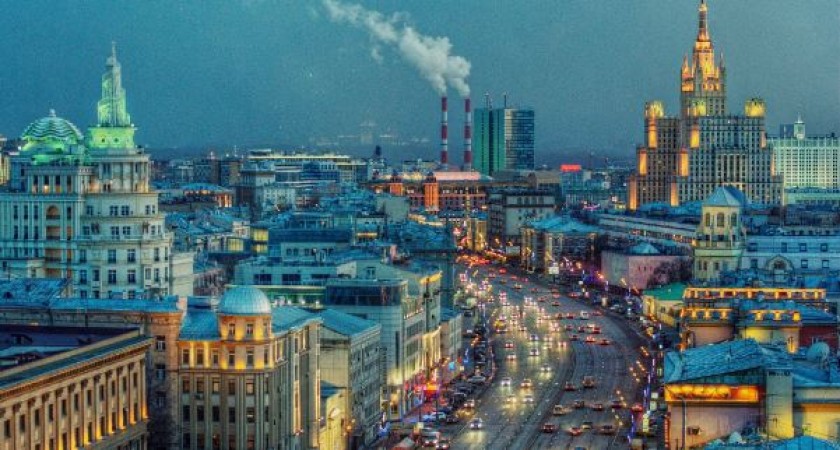
Russia, the largest country in the world by land area, has captivated the imagination of people around the globe for centuries. Its vast landscapes, rich history, diverse culture, and significant influence on the geopolitical stage have made it a topic of fascination and discussion. From the imperial grandeur of the Tsars to the ideological clash of the Cold War and the contemporary challenges it faces, Russia's story is one of complexity and intrigue.
Historical Evolution
The history of Russia is a labyrinthine tale, marked by conquests, revolutions, and cultural shifts. Its roots trace back to the medieval state of Kievan Rus, which laid the foundation for the Russian Orthodox Church and early forms of governance. The Mongol invasions of the 13th century left a lasting impact on the country's development.
The Romanov dynasty, which ruled from the 17th to the early 20th century, oversaw a period of expansion, enlightenment, and social change. Peter the Great's modernization efforts brought Russia into closer contact with Western Europe, transforming it into a formidable power.
The 20th century brought tumultuous change, including the Russian Revolution of 1917, which led to the establishment of the Soviet Union under the leadership of Vladimir Lenin. The Soviet era witnessed significant industrialization, advancements in space exploration, and an ideological struggle with the West during the Cold War.
Geopolitical Significance
Russia's vastness and location have granted it immense geopolitical importance. Its landmass spans Europe and Asia, making it a bridge between the two continents. Moscow, the capital city, has historically been referred to as the "Third Rome," symbolizing the country's claim to the legacy of both the Roman and Byzantine Empires.
Throughout history, Russia has often been at the crossroads of conflicts, with its territory serving as a buffer zone against invasions from both the West and the East. The expansion of the Russian Empire into Siberia, Central Asia, and the Caucasus further solidified its influence.
Cold War and Beyond
The post-World War II period marked the height of the Cold War, a tense standoff between the United States and the Soviet Union. The ideological clash between capitalism and communism defined global politics for decades. The arms race, proxy wars, and space race were some of the hallmarks of this era.
The dissolution of the Soviet Union in 1991 brought about profound changes. Russia emerged as an independent nation, undergoing a tumultuous transition to a market economy and democratic governance. The 21st century saw Russia's reassertion of its influence under the leadership of figures like Vladimir Putin.
Challenges and Controversies
Modern Russia grapples with a range of challenges and controversies. Domestically, issues such as political repression, human rights concerns, and economic inequality persist. Internationally, tensions with the West over conflicts like Ukraine and Syria, as well as allegations of election interference, have strained Russia's relationships on the global stage.
Conclusion
Russia's story is one of resilience, complexity, and adaptability. Its history, culture, and geopolitical significance have left an indelible mark on the world. As it navigates the challenges of the modern era, Russia's role in shaping global affairs continues to be a topic of profound interest and debate. Understanding Russia requires delving into its multifaceted past and present, appreciating the interplay of tradition and transformation that defines this enigmatic nation.
Millions of Years in the Making: The Oldest Waterfalls on Earth
Saudi Arabia Extends E-Visa Program to Include Eight Additional Countries
Banff National Park: A Canadian Gem Surrounded by Natural Beauty
Why Are Laptops Removed From Luggage During Airport Security Checks?